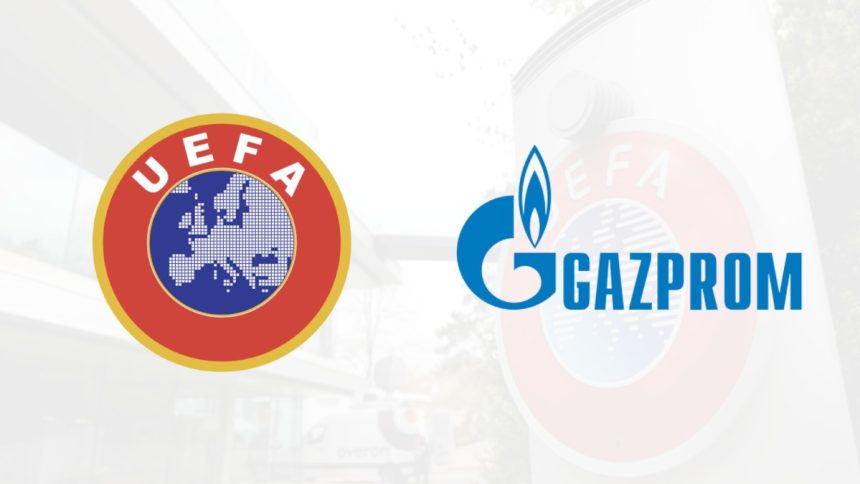In 2012 Gazprom signed a sponsorship deal with UEFA to be one of the six official partners of the UEFA Champions League, a competition with an alleged global audience of 4.2 billion. The partnership allowed Gazprom to “cement their involvement with Europe’s most prestigious club football competition through exclusive services and products,” the UEFA website says.
Gazprom has essentially been enhancing their closeness with football clubs having already secured sponsorship deals with FC Schalke in the Bundesliga and the Russian side Zenit St Petersburg. At the time of signing this deal the CEO of Gazprom Aleksey Miller made a telling remark, commenting, “I am sure this cooperation will improve Gazprom’s reputation and advance our brand awareness to a fundamentally new level on a global scale.” Clearly Miller, by his own admission, is using football to whitewash the image of an energy company who have recently teamed up with Shell to begin exploring and extracting in the Arctic Shelf. Only last month Gazprom boasted about extracting their millionth barrel of oil from the Prirazlomnoye field.
This extraction of oil from the arctic shelf is in spite of the fact that fossil fuel firms such as Gazprom have several times more carbon in their reserves than the atmosphere can safely absorb. Nobody can deny that such corporations’ pursuit of profit is directly linked to the destruction of our environment and Gazprom are using UEFA to shield this fact and ‘improve their reputation.” Such extraction and the business practices of these companies more generally needs to be more closely scrutinized.
In other spheres of life we have witnessed growing divestment campaigns, particularly on University campuses but also with major firms such as Lego ending their association with Shell. This serves to send a powerful message to the corporations involved and also raises awareness of the fact that their practices are not ethical and should not be tolerated. Football shouldn’t be adding legitimacy to such corporations who almost openly admit, as Miller did regarding Gazprom, that they want football to improve their public image. As Bill McKibben says, it’s about presenting those who profit from fossil fuels as ‘rogue industries.’ Gazprom will be in business regardless of what UEFA do but at least if UEFA cancel their sponsorship deal with Gazprom they will remove a layer of legitimacy.
Football is so far behind in terms of morality, with fans rarely questioning the sources of money at their own clubs, let alone focusing on UEFA’s shady deals. The Champions League is one of the most watched sporting events in the world and thus UEFA could easily find another partner to replace the funds lost by ceasing their Gazprom deal. Companies such as Gazprom have far too close a relationship with football in an era where big money is taking over the once ‘beautiful game.’
Climate change is no joke and fossil fuels are causing irreparable damage with the Intergovernmental Panel on Climate Change declaring that they should be fazed out by 2100. Football should not be complicit in climate change crimes because of how corporate the game has become in recent years. Instead, with such a huge global audience, it should be ahead of the trend, setting the moral standard.









